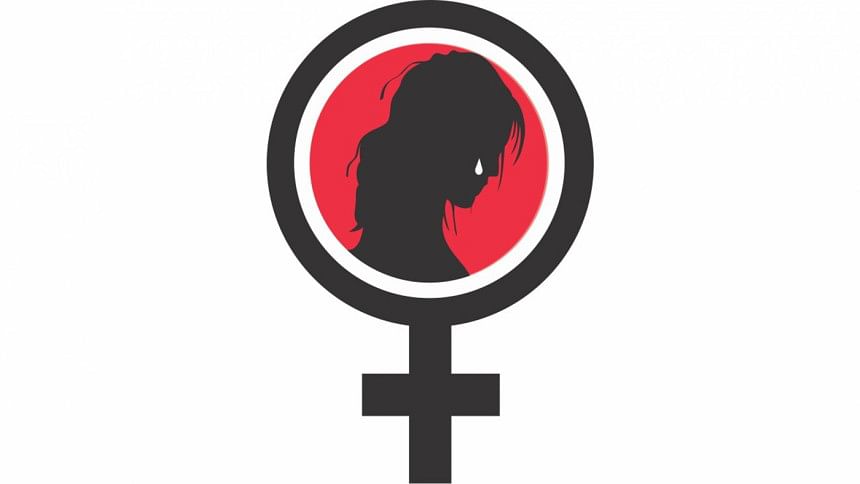Compensation for rape survivors

It is unfortunate that 14 years since Bangladesh Law Commission drafted the "Crime Victim Compensation Act 2007" to address, among other things, the pressing issue of rape victims' need for compensation, there has been little progress in enacting it. The draft requires every district to institute a state fund and a committee to oversee the process of compensation for victims of violent crimes, including rape. According to the law minister, the draft is still being "examined by officials at the legislative division," which begs the question: how much longer does the ministry require to appraise a draft law? Regrettably, the ministry does not seem to have an answer to the question. But one can surmise from their lacklustre response that the issue of compensation for SGBV (sexual and gender-based violence) survivors has thus far not been considered a priority.
We urge the ministry to look into the matter urgently. Justice for sexual violence requires not just prosecution of perpetrators, but also redress for survivors, according to the Committee on the Elimination of All Forms of Discrimination Against Women (CEDAW), to which Bangladeshi is a signatory. Under the Women and Children Repression Act 2020, the perpetrators can be fined between Tk 10,000 and Tk 1 lakh. Not only is this amount woefully inadequate, but it goes directly to the state. As compensation is not mandatory, the court hardly ever orders the fined amount to be awarded to rape victims and their families. A 2020 study by Bangladesh Legal Aid and Services Trust (BLAST) of 44 reported rape cases filed under the law between 2000 and 2019, found that the court ordered the amount of the fine to be converted into compensation for the victims in only three cases. The convictions in two of those cases were later overturned by the High Court.
It is difficult, if not impossible, for an overwhelming majority of rape survivors in the country to pursue long and expensive court proceedings without state support. Many end up spending their life's savings or whatever little property they have to fight cases, and very few have the means to access the medical or psychological support they desperately need.
It is the responsibility of the state to ensure redress through compensation for survivors of sexual violence. It is high time we prioritised the issue and involved relevant stakeholders in finalising a law that is just and survivor-friendly. There needs to be specific guidelines on the eligibility criterion and the process of disbursing/receiving compensation, and the state needs to ensure that the survivors can access said compensation without further harassment or bureaucratic hurdles.

 For all latest news, follow The Daily Star's Google News channel.
For all latest news, follow The Daily Star's Google News channel. 



Comments